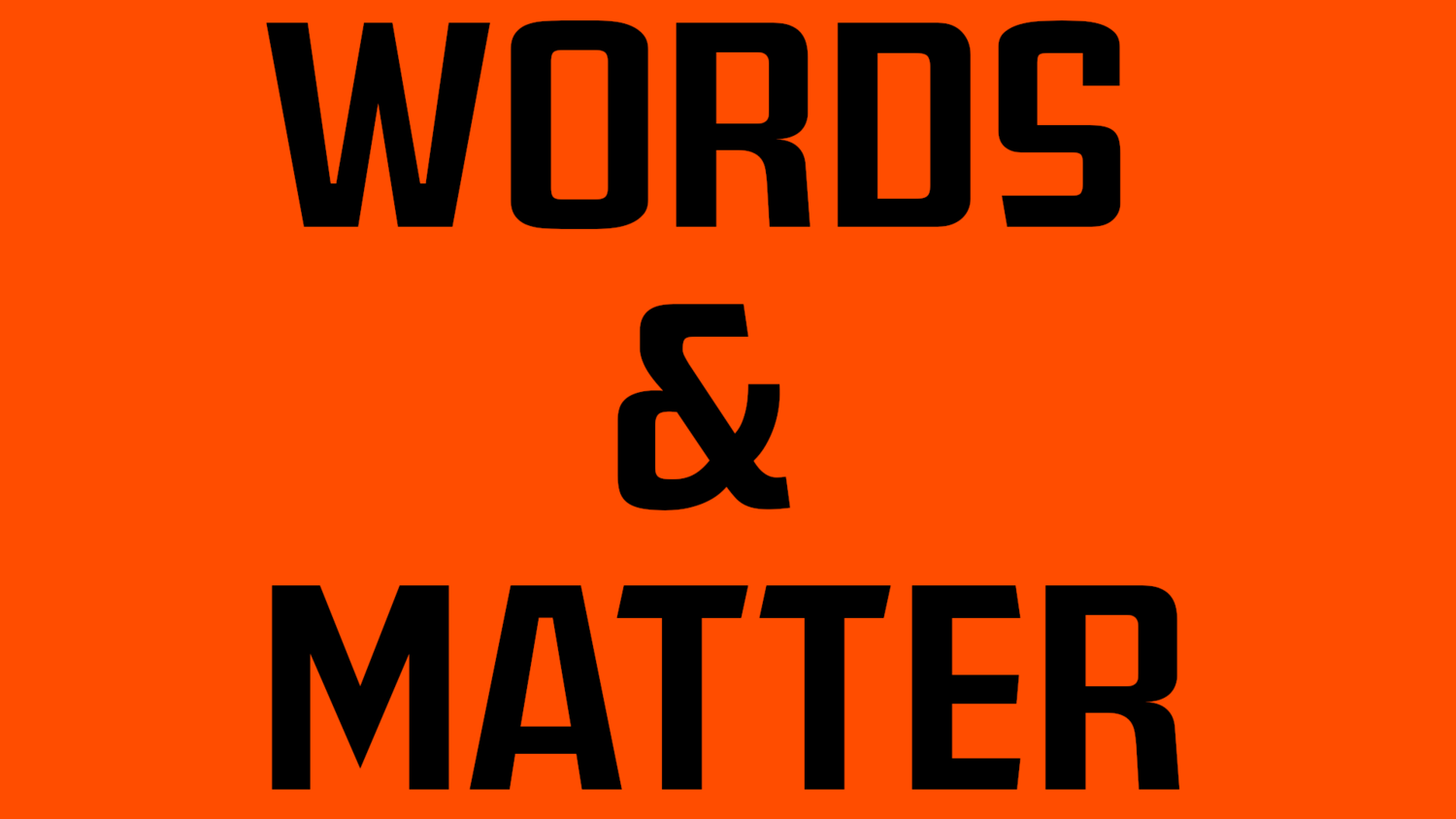US attempts to ban books in 2021 'unprecedented'
/SOMETIMES reflection about the world of books is needed, as well as how important access to e-, audio and paper titles really is.
This strikes us today as a report by the American Libraries Association (ALA) suggests that attempts to ban books in the USA in 2021 were FOUR times that of 2020 - a worrying shift.
Gender Queer by Maia Kobabe is currently top of the ALA’s most challenged book list
We use ‘worrying’ advisedly too, because while we’re not fully sure what’s achieved in banning a book outright it is always important to understand what the book is and why any potential restriction is being put forward.
For 2021, the American increase in attempts to ban books seems to potentially focus on - again worryingly - those in libraries, schools and university libraries.
As reported by KQED Some 729 attempts to ban books in 2021 is a sizeable shift from 156 in 2020 (although reduced by the pandemic that year), and 377 in 2019.
Some of those 729 attempts included multiple titles though, meaning the total of books being targeted to be banned last year in the USA was 1,597.
That’s a simply huge number.
It’s worth highlighting too that US non-profit and radio station NPR noted last year that some titles appearing to receive particular attention in 2021 - for supposed “obscene material” - were related to gender identity, sexual health, sexuality and race…and included award winners.
Indeed according to the ALA, which keeps a note of the top 10 ‘challenged titles’ in America, Gender Queer by Maia Kobabe (the winner of the 2020 ALA Alex Award, and multiple award nominee) currently tops its challenged list.
The Alex Award, which Gender Queer won, is an annual book award that recognises ”ten books written for adults that have special appeal to young adults ages 12 through 18.”
While the ALA says the ‘top ten’ of challenged books isn’t exhaustive, KQED reports that the ALA believes 90% of book challenges get no media attention. Troubling indeed.
Additionally, ALA President Patricia Wong has spoken on the question of attempts to ban educational books in the USA.
“We support individual parents' choices concerning their child's reading and believe that parents should not have those choices dictated by others. Young people need to have access to a variety of books from which they can learn about different perspectives.”
Hear, hear.



